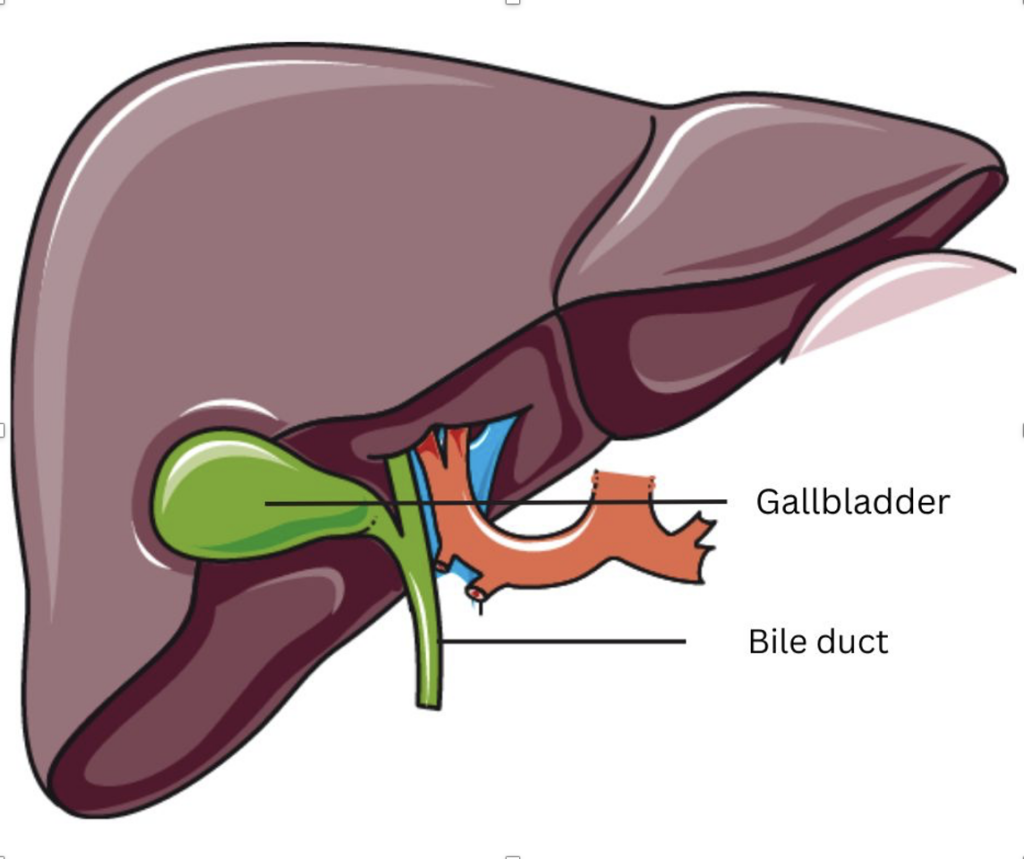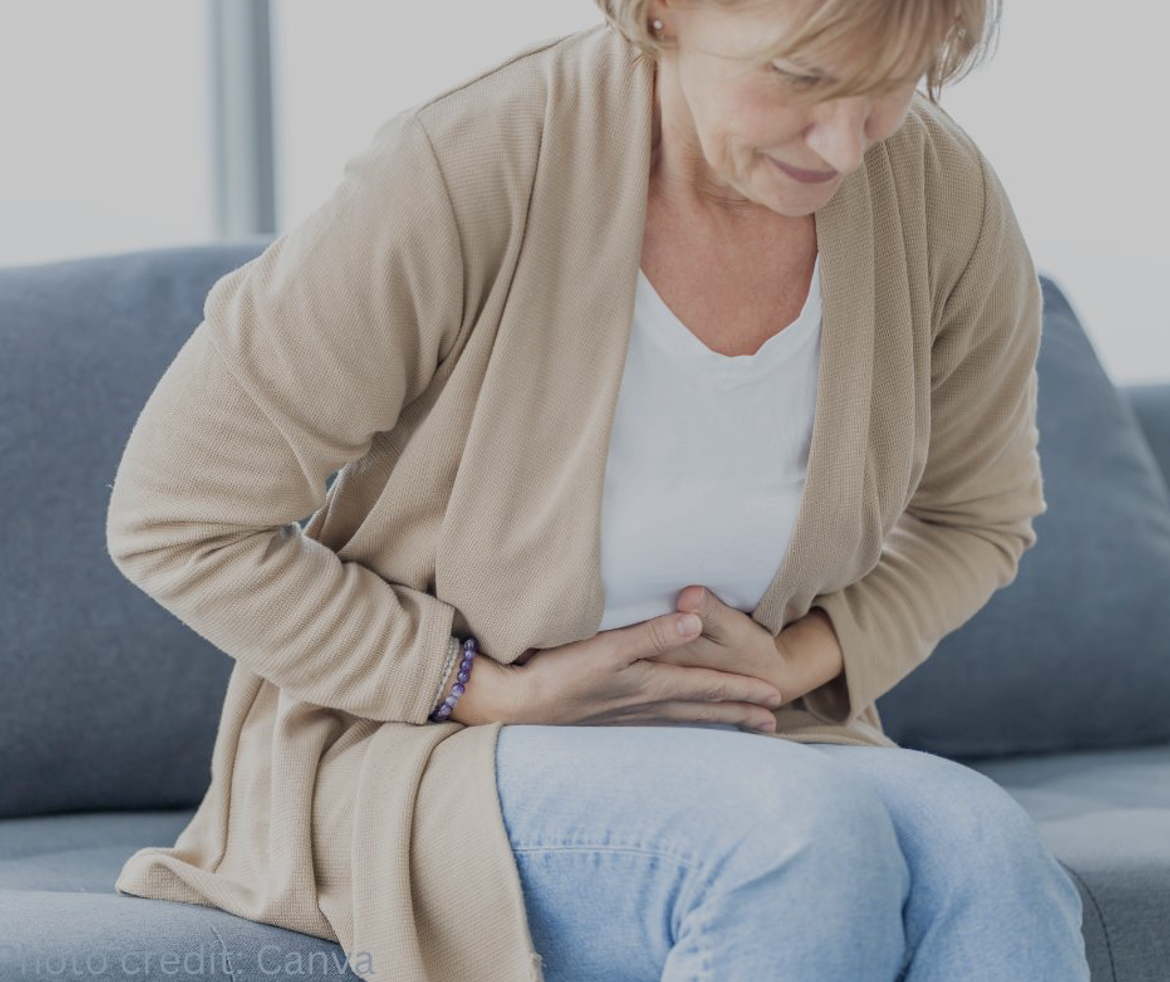Gallstones are tiny, hardened deposits that form in your gallbladder, a small sac located just beneath your liver. Dr Devesh Kaushal, a specialist general surgeon based in southwestern Sydney, explains everything you need to know about gallstones, from what they are to how they’re treated.
What are Gallstones?
Gallstones are hardened deposits of bile salts in your gallbladder. Your doctor may call it cholelithiasis or choledocholithiasis.
Your gallbladder is a small, pear-shaped sac nestled under your liver on the upper right side of your abdomen. It acts as a small storage unit for bile, a digestive juice your liver makes. Bile helps break down dietary fats in your intestines.

We don’t yet fully understand why and how gallstones happen. But gallstones could form due to:
- Stasis (slow movement or stillness) of the bile in the gall bladder, resulting in supersaturation of bile, which drives crystal formation.
- Problems with gallbladder function.
Who gets Gallstones?
Gallstones are a common problem. Experts estimate that around one-third of Australians over 50 could have gallstones.
Gallstones can happen to anyone. But your risk of developing gallstones increases if you:
- Are female
- Are over 40
- Have someone else in your family who has had gallstones (family history)
- Have lost or gained weight very quickly
- Are fair
- Are pregnant or take the contraceptive pill (the pill)
- Have diabetes
Symptoms of Gallstones
Often, gallstones cause no symptoms. But if a gallstone blocks the cystic or bile duct (the tube between your gallbladder and intestines), you might experience:
- Abdominal pain
- Nausea and vomiting
- Feeling full or indigestion
What does gallstone pain feel like?
Gallstone pain can vary from person to person. But many people say gallstone pain feels like:
- Sudden and severe pain in the upper right abdomen or the centre of your stomach, often after eating a fatty meal
- Pain that radiates to your back or right shoulder.
Gallstone pain can come and go (episodic pain).
You should see a doctor if you have severe or persistent pain, if symptoms worsen after eating, or if you have a fever or chills.

Diagnosing gallstones
If your doctor suspects you have gallstones, they may refer you for further tests.
Ultrasound is the gold standard test used to detect gallstones. An ultrasound technician can easily see gallstones with an abdominal ultrasound. Getting the ultrasound done on an empty stomach is important for the best results.
Your doctor may also use other tests to confirm your diagnosis or to better understand what’s happening with your gallbladder before surgery. These tests may include:
- Blood tests (to check your liver function)
- CT (computed tomography) or MRI (magnetic resonance imaging) scan
- HIDA (hepatobiliary iminodiacetic acid) scan (to help assess how well your gallbladder works)
- Endoscopy to look at your biliary system from the inside
Gallstone treatment options
You may not need any treatment if your gallstones aren’t causing symptoms.
If your gallstones are causing symptoms, the main ways to treat them are with diet changes or gallbladder surgery.
Most people (around 80%) with gallstone symptoms need surgery. The surgery could remove your gallbladder entirely or just the stones from the bile duct. Your doctor can explain what to expect before and after gallbladder surgery [link to gallbladder surgery blog article].
Other treatment options include medications to dissolve gallstones. Doctors don’t routinely use these medications due to side effects and efficacy. Gallstones can also be broken up using soundwaves (lithotripsy). However, the devices used to do this are not widely accessible.
Worried about gallstones?
Gallstones can cause significant health problems. If you experience any of the symptoms mentioned above, consult your doctor as soon as possible.
Sources
- Gallstones | Johns Hopkins Medicine. https://www.hopkinsmedicine.org/health/conditions-and-diseases/gallstones. Accessed June 24, 2024.
- Gallstones | healthdirect. https://www.healthdirect.gov.au/gallstones. Accessed June 24, 2024.
- Gallbladder – gallstones and surgery – Better Health Channel. https://www.betterhealth.vic.gov.au/health/conditionsandtreatments/gallbladder-gallstones-and-surgery. Accessed June 24, 2024.
- Biliary pain. Aust J Gen Pract. 2013;42(7):458-461. https://www.racgp.org.au/afp/2013/july/biliary-pain.
